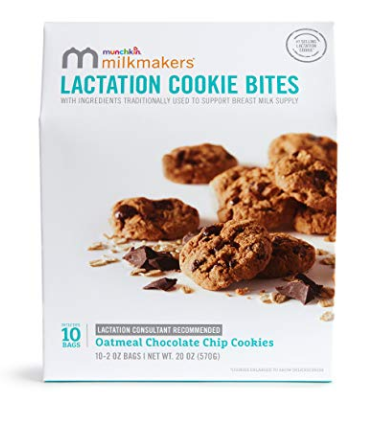
The benefits of breastfeeding for both mother and baby are endless: rapid postpartum weight loss, antibody transfer from mother to baby, reduced risk of chronic illnesses in later life, increased bonding/attachment and the list goes on. More than 80 percent of new moms try breastfeeding, according to research from the CDC. Unfortunately, Black moms represent the lowest percentage among them. Board-certified pediatrician and mother Dr. Michelle Davis-Dash, MD is on a mission to shed light on the lack of lactation education for women of color.
Dr. Davis-Dash says there are multiple reasons why African-American mothers have the lowest rate of breastfeeding initiation and duration of all ethnic groups, but it all comes down to one key factor: convenience!
“I find that in my clinical experience, the convenience of formula tends to win out over breastfeeding for mothers who have no strong conviction about breastfeeding, or who have a hard go of it in the beginning,” she says.

Deeper than that, there are cultural beliefs in the Black community that affect attitudes towards breastfeeding. The National Institute on Minority Health and Health Disparities notes that “the mistaken belief that ‘big is healthy,’ leads moms to introduce formula early.” and that “the cultural belief that the use of cereal in a bottle will prolong the infant’s sleep” are just a couple contributing factors to low breastfeeding rates.
Dr. Davis-Dash explains that there are also socioeconomic factors at play that make breastfeeding for new moms more difficult to stick with – especially for working moms who return to work soon after giving birth. “You also don’t see the availability of lactation resources in our communities as you do in other populations,” she continues. “In lower socioeconomic groups, (which, to be clear, are not synonymous with Black), folks have to work, which necessitates earlier childcare and impedes breastfeeding.”

Pumping is usually the method through which moms can continue breastfeeding, but non-supportive work environments can make it impossible. “I truly believe there should be some federal standard for maternity leave and employer accommodations for breastfeeding mothers such as a nursing room,” she says. “Discussions about breastfeeding should begin from the first prenatal visit and continue through delivery.”
So what is the solution? Dr. Davis-Dash says there’s a wealth of resources, products and information out there to make breastfeeding doable for all Black women. “At the hospital, new moms can ask to see the lactation specialist (usually without additional charge) who will come in and help with proper latching techniques,” she says. “Also, in an age when everything is at our fingertips via our mobile phones there are some wonderful online breastfeeding groups, social media groups, and events that help educate and offer support and ongoing encouragement with mamma. You got this! “

Moms – we’ve got you covered! See below for a shopping gallery of products, supplements, and services designed to ease your breastfeeding journey.



















